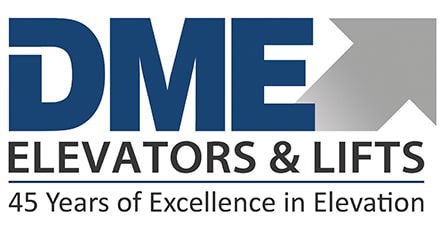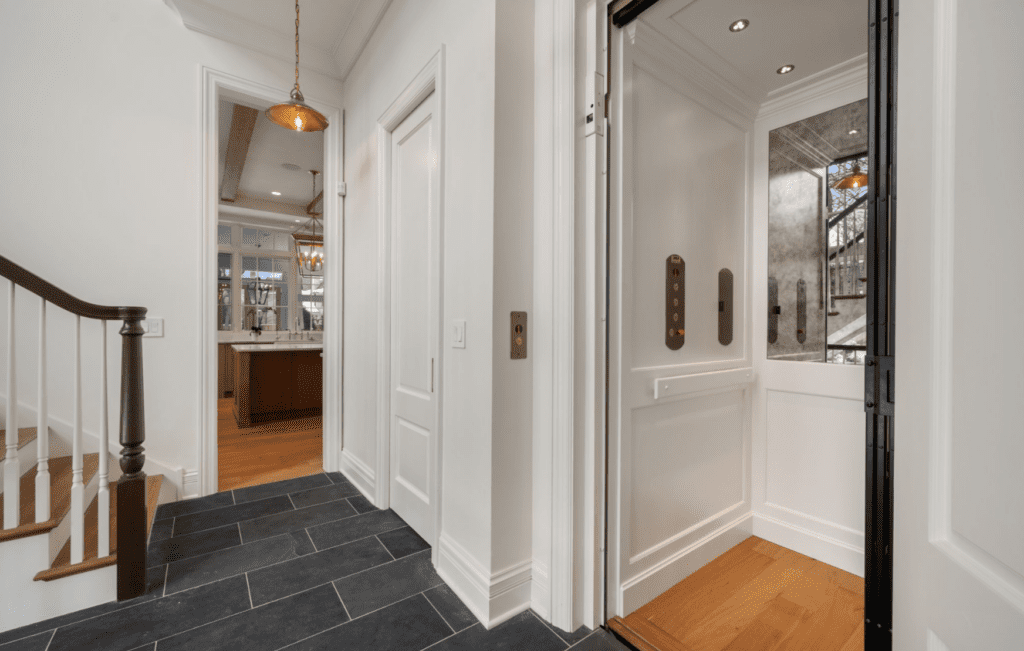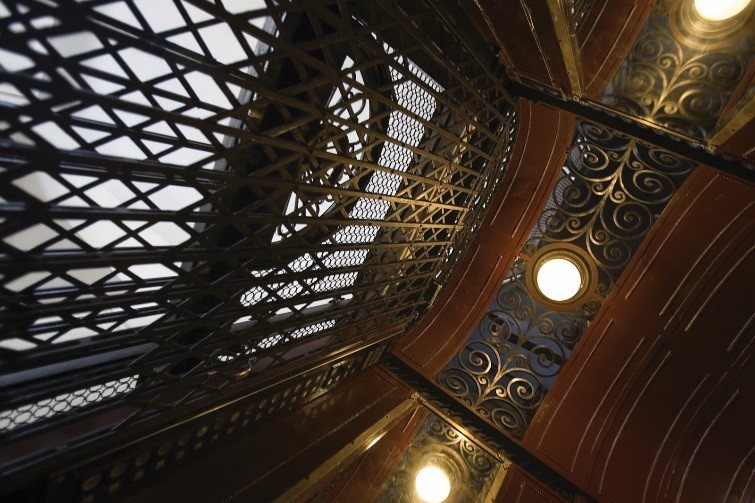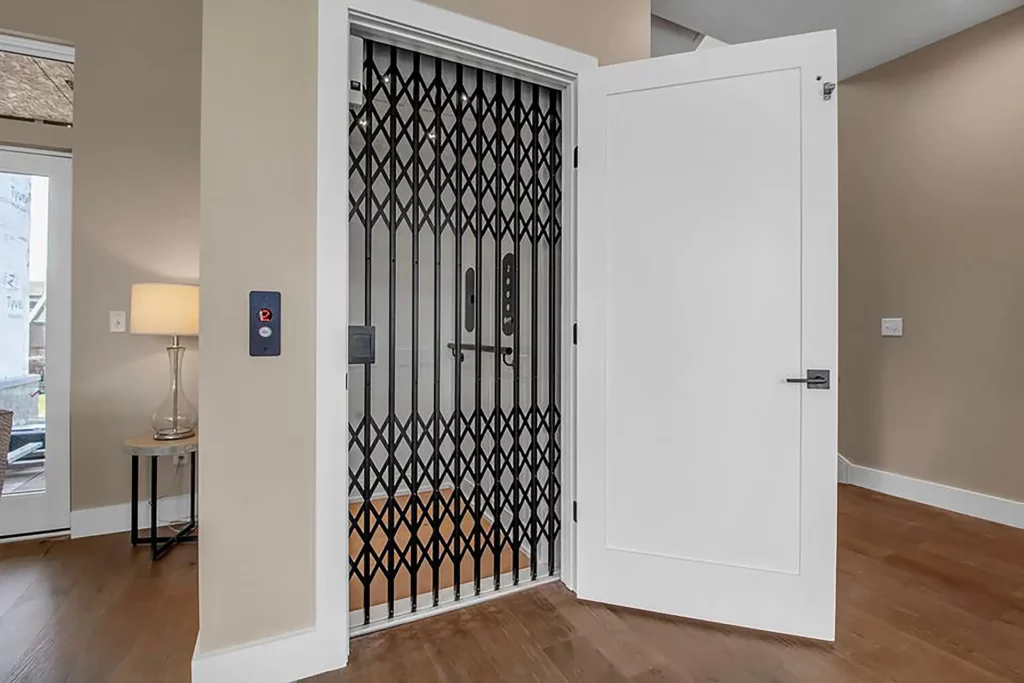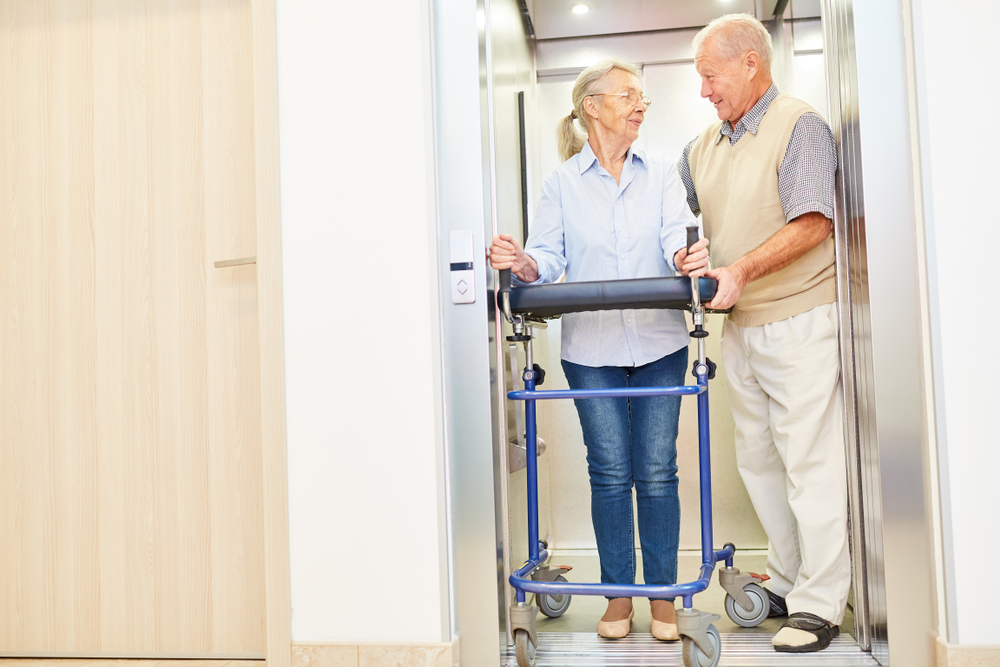
With more homeowners choosing to live in their homes longer, it makes sense to make multi-level homes accessible. We also need to consider the functionality of our homes for multi-generational families. Even though residential elevators have the reputation of being a luxury item, today’s reality is that the cost of a home elevator can be more affordable than the expense (and headache) of moving. Let’s look at how much home elevators cost and how they can elevate your life.
Average Cost of a Residential Elevator
The average starting cost of a home elevator is $35,000, with variations based on configuration, type of drive, finishes, and upgrades. Explore our detailed guide to understand all factors affecting home elevator costs.
Discover our wide range of home elevator models.
Does an Elevator Add Value to Your Home?
The short answer? Yes. Elevators open up a whole new level of mobility to homeowners while also increasing the home’s value. Homebuyers will typically view an elevator as a valuable asset. Elevators will also increase safety, enhance your home’s style, and will allow your family to enjoy their home well into their golden years.
Key Factors in Home Elevator Cost
Home elevators come in a wide range of shapes and sizes. In this section, we’ll break down the basic functional elements and design factors of home elevator costs.
1. Site Preparation
Elevators can be installed in new homes or added to existing homes. Depending on the extent of the construction needed to build the elevator shaft and possibly a machine room, this will affect the cost of the total home elevator project. Typically, a general contractor is hired by the homeowner to manage this portion of the job and is separate from the elevator company’s proposal.
2. Drives
Did you know that not all elevators are made the same? There are multiple motors or drives to choose from, such as electric or hydraulic drives. Hydraulic drives use a piston to raise or lower the car. Electric drives include the inline gear drive and winding drum drive. The benefit of an inline gear drive is that it does not require a machine room. Often the layout and construction needed to modify your home will dictate the type of drive you choose.
3. Configuration
When planning for a home elevator you should consider how you want to enter and exit each floor. The most common options are a standard single opening, 90 degrees, and straight through whereby you have 2 opposing doors. This selection will be determined by the house layout and an understanding of how the main user will need to access the elevator. For example, the straight-through option is beneficial for wheelchair users, so there is no need to back on or off the lift. You also need to consider how many floors your elevator will serve and the total distance it will need to travel.
4. Finishes & Fixtures
The right home elevator should match your home’s style and can be tailored to your design preferences. The elevator car is often made of wood panels that come in various styles, wood species, and stains. The fixtures of your elevator include operating panels, recessed telephone cabinets, hall calls, and handrails. From material to color options, these fixtures are customizable to match your home’s design.
Learn more about our customizable finishes and fixtures.
5. Upgrades
When shopping for your home elevator it is important to consider your future needs. Adding options like a power gate operator will allow you to easily open and close the gates automatically and with little effort. Also fitting your elevator with a grandparent switch will allow users to have only limited access to the elevator, a valuable safety feature.
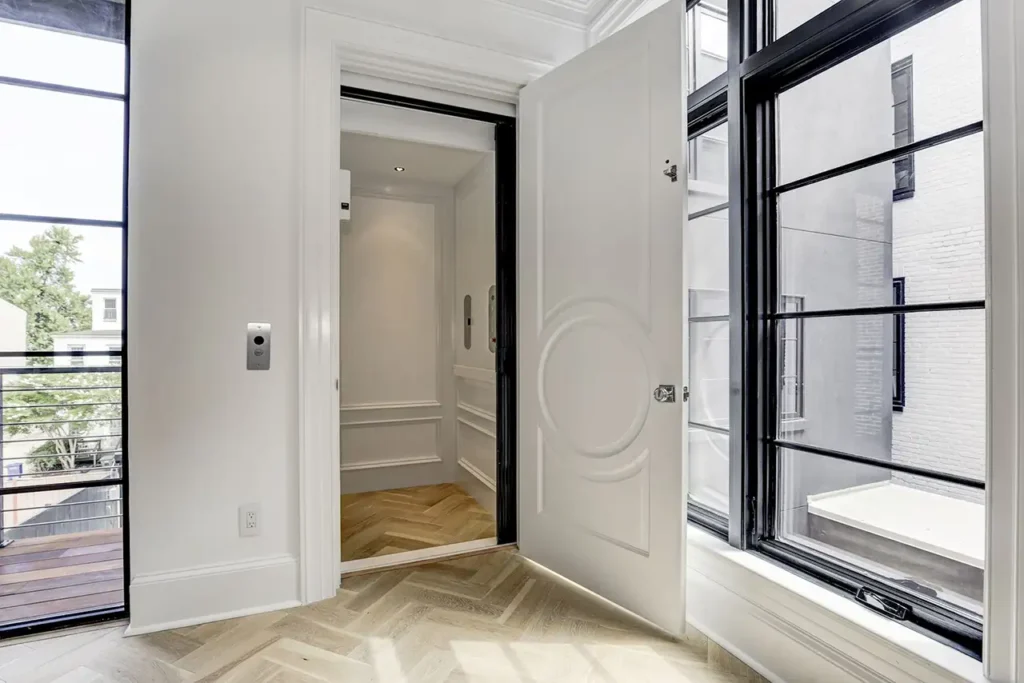
Our Residential Elevators Options
At DME Elevators & Lifts, we want you to enjoy your home safely and stylishly.
Our home elevators share many features and functions like emergency backup capabilities, car sizes that fit up to 15 square feet, and heights that extend 8 feet or taller while providing up to 50 feet of travel with six stops. All of our elevators are highly customizable and tailored to fit your accessibility needs.
That’s why we carry a variety of models from reputable residential elevator manufacturers. Stop by our Lisle showroom to take one of our elevators for a ride and see firsthand how we can help move your mobility to the next level.
Call us to learn more about specific elevator pricing.
Read More: The Benefits of Installing a Home Elevator
Elevate Your Life with DME Elevators & Lifts
When you choose DME Elevators & Lifts, you’re choosing an experience that customers have trusted for over 40 years. We promise to offer you premier service beyond your elevator installation with worry-free operation for years to come.
